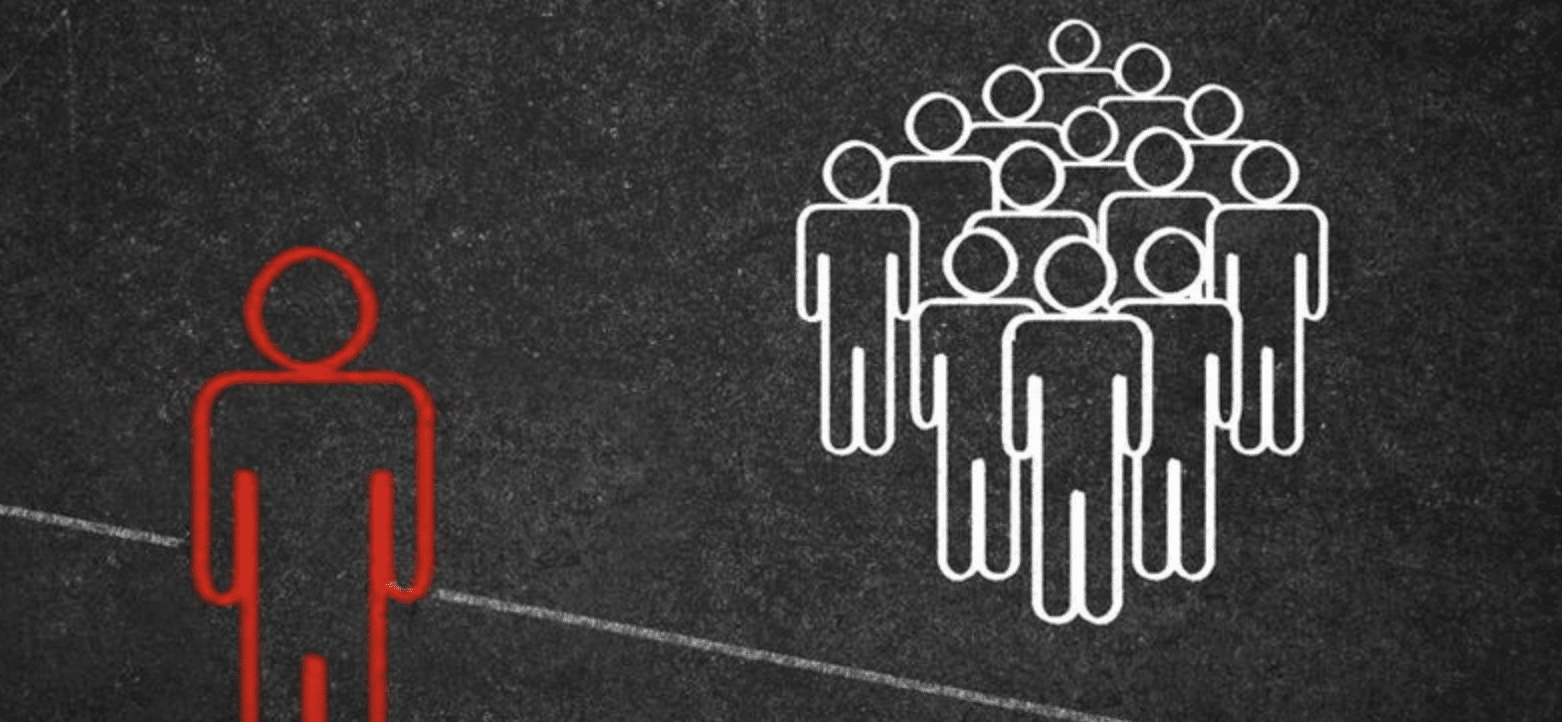5 Ways to Reduce Mental Health Stigma

Stigma has various definitions, but they all refer to negative attitudes, beliefs, descriptions, language, or behavior. In other words, stigma can translate into disrespectful, unfair, or discriminatory patterns in how we think, feel, talk, and behave toward individuals experiencing a mental illness.
Here are 5 simple ways that you can fight against mental health stigma:
1. Don’t label people who have a mental illness.
Don’t say, “He’s bipolar” or “She’s schizophrenic.” People are people, not diagnoses. Instead, say, “He has been diagnosed with bipolar disorder” or “She is living with schizophrenia.” You can also say “has a mental illness” instead of “is mentally ill.”
This is known as “person-first” language, and it’s far more respectful, for it recognizes that the illness doesn’t define the person.
2. Don’t be afraid of people with mental illness.
People with mental illness aren’t more likely to be violent than the general population. In fact, research shows that they are more likely to be victims of violence. Don’t fall prey to other inaccurate stereotypes from movies, such as that of the disturbed killer or the weird co-worker.
3. Don’t use disrespectful terms for people with mental illness.
In a research study with British 14-year-olds, teens came up with over 250 terms to describe mental illness, and the majority were negative. These terms are far too common in our everyday conversations.
Also, be careful about casually using “diagnostic” terms to describe everyday behavior, like “That’s my OCD,” or, “She’s so borderline.” Given that 1 in 5 US adults experience a mental illness, your words may unintentionally shame others and discourage them to reach out for support.
4. Don’t be insensitive or blame people with mental illness.
It would be silly to tell someone to just “buckle down” and “get over” cancer. The same applies to mental illness. Also, don’t assume that someone is okay just because they look or act okay or sometimes smile or laugh.
Depression, anxiety, and other mental illnesses can often be hidden, but the person can still be in considerable internal distress. Provide support and reassurance when you know someone is having difficulty managing their illness.
5. Be a role model.
Stigma is often fueled by a lack of awareness and inaccurate information. Model these stigma-reducing strategies through your own comments and behavior and politely teach them to your friends, family, co-workers and others in your sphere of influence.
Spread the word that treatment works and recovery is possible. Most importantly, prioritize your own mental health and reach out for support when needed. Check out our toolkit for a list of resources you can share with your team.
If your employees are struggling with their mental health or your organization is looking for ways to incorporate wellness into the workplace, please fill out the form below to connect with our experts.

